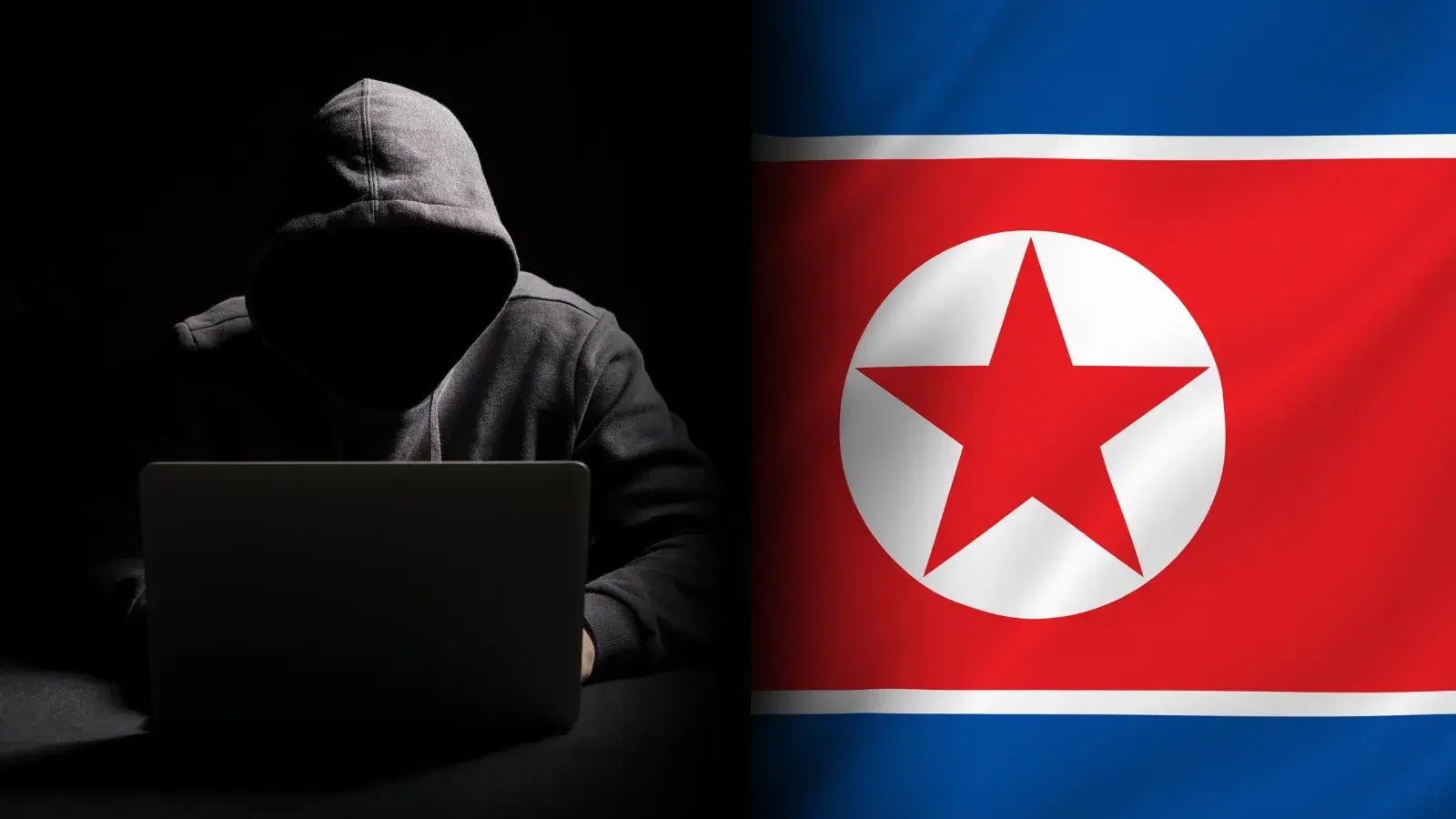North Korean Cyber Infiltration: Unmasking the $2.2 Million Scheme Targeting U.S. Companies
In a significant crackdown on cybercrime, the U.S. Department of Justice has unveiled a complex scheme orchestrated by North Korean state-sponsored actors. This operation involved the infiltration of 136 American companies, resulting in over $2.2 million in illicit revenue funneled directly into the coffers of the Democratic People’s Republic of Korea (DPRK). The funds are believed to support the regime’s weapons development programs, circumventing international sanctions designed to impede such activities.
The Modus Operandi: A Web of Deception
The perpetrators employed a multifaceted strategy to embed themselves within U.S. corporations. Central to their approach was the use of stolen or fabricated identities, enabling North Korean IT workers to secure remote positions under false pretenses. To bolster the illusion of legitimacy, these operatives utilized company-issued laptops stationed at residential addresses within the United States, creating the appearance of a domestic workforce.
This elaborate ruse not only deceived the victimized companies but also led to the compromise of personal information belonging to over 18 American citizens. The breadth and depth of this infiltration underscore the sophisticated tactics employed by the DPRK to subvert international restrictions and finance its strategic objectives.
Legal Repercussions: Admissions of Guilt and Asset Forfeiture
The Justice Department’s investigation culminated in guilty pleas from five individuals implicated in facilitating these fraudulent activities. Among them, three U.S. nationals—Audricus Phagnasay, Jason Salazar, and Alexander Paul Travis—admitted to providing their identities to foreign IT workers and hosting company laptops in their homes. Notably, Travis, who was an active-duty U.S. Army member at the time, received at least $51,397 for his participation. Collectively, their actions generated approximately $1.28 million from the victimized companies.
In a parallel development, Ukrainian national Oleksandr Didenko pleaded guilty to charges of identity theft, having sold U.S. citizen identities to overseas IT workers. This enabled fraudulent employment at 40 American companies. Didenko has agreed to forfeit more than $1.4 million as part of his plea agreement. Additionally, Erick Ntekereze Prince admitted to supplying falsely certified IT workers through his company, amassing over $89,000 in the process.
Cryptocurrency Heists: A Parallel Avenue of Illicit Funding
Beyond the infiltration of corporate entities, the Justice Department has targeted the recovery of over $15 million in cryptocurrency assets stolen by APT38, a North Korean military hacking group. In 2023, APT38 executed four major heists, siphoning virtual currency from platforms based in Estonia, Panama, and Seychelles. These cyber thefts amounted to approximately $382 million, further illustrating the DPRK’s reliance on cyber operations to circumvent economic sanctions and fund its strategic initiatives.
A Coordinated Response: Disrupting North Korean Cyber Operations
These enforcement actions are part of a broader, coordinated effort by U.S. authorities to dismantle North Korea’s cyber-enabled revenue generation schemes. By targeting both the human facilitators and the financial assets involved, the Justice Department aims to disrupt the financial networks that support the DPRK’s weapons programs and other illicit activities.
The revelations serve as a stark reminder of the persistent and evolving cyber threats posed by state-sponsored actors. They underscore the critical importance of robust cybersecurity measures, vigilant identity verification processes, and international cooperation in combating cybercrime.



